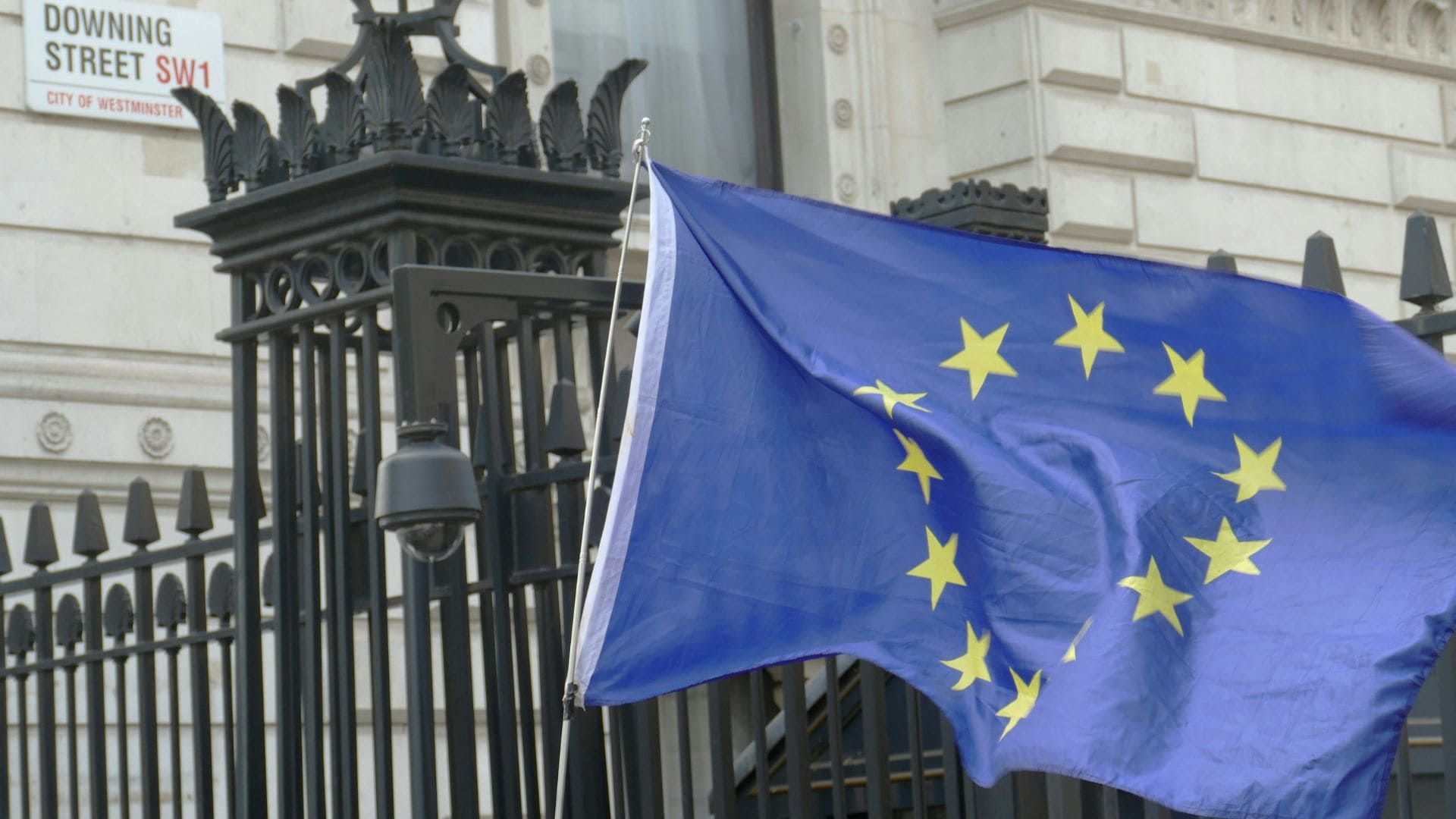Healthcare Scanner
Women revolutionising healthcare
March 2021
The UN International Day of Women and Girls in Science – 11th February and International Women’s Day – 8th March
Both The UN International Day of Women and Girls in Science and International Women’s Day aim to work towards ending gender imbalance and celebrating women’s achievements. Here we look at recent female-led scientific advances in healthcare, and consider, if there really were no barriers for anyone to be a scientist regardless of gender, what could future healthcare innovations look like?
Several recent advances in healthcare science have been made by female-led teams and have changed the way the world tackles some of the more critical health issues we face today.
COVID-19 vaccines
In considering major scientific breakthroughs in recent years, the rapid progress in developing a vaccine for COVID-19, by the team at Oxford’s Jenner Institute, led by Prof. Sarah Gilbert, must be mentioned. The Oxford-AstraZeneca COVID-19 Vaccine, which is a viral vector type vaccine, works by activating an immune response by delivering the genetic code of the COVID-19 spike protein to the body’s cells. Once inside the body, the spike protein is reproduced, causing the immune system to recognise it and initiate an immune response, protecting against the virus. Gilbert worked for several years developing vaccines, including for malaria, and Ebola, in relative anonymity. She was already working on a MERS coronavirus vaccine when the current pandemic took hold, and used a similar approach to generate the required immune response.
The BBC reports [1] that when studying for her PhD, Gilbert almost left science because of the “tunnel-like focus” of her colleagues, contrasting with the diversity of thought and environment she experienced during her undergraduate studies. After staying in science for one final go, and moving from researching brewing yeast to researching human health, she established her vaccine research group at the Jenner Institute [2].
Another COVID-19 vaccine was developed by Dr. Barney Graham and Dr. Kizzmekia Corbett and their NIH team, with Moderna, based on mRNA technology [3]. Corbett took part in Project Seed at school, for gifted minority students to study sciences, has a doctorate in microbiology and immunology, and joined the NIH’s Vaccine Research Centre in 2014. Notably, she is African American, and has spoken about building trust in vaccines in Black communities, who have been disproportionately affected by the pandemic and whom, for historical reasons, have a low vaccine uptake compared with other groups [4].
CRISPR technology
The 2020 Nobel Prize in Chemistry was awarded to Emmanuelle Charpentier and Jennifer Doudna, for their work on CRISPR-Cas9 technology, allowing for precise, programmable gene editing to be performed [5]. The technique is often referred to as “genetic scissors” as it allows DNA to be cut with precision. The CRISPR system allows prokaryotes to recognize precise genetic sequences matching a phage or other invaders, and target these sequences for destruction using specialized enzymes. CRISPR technology has many potential applications – in disease elimination, developing resilient plants and crops, new cancer therapies, and eradicating pathogens, to name a few.
Charpentier reported at the Nobel Prize press conference that “My wish is that this will provide a positive message specifically to the young girls who would like to follow the path of science, and to show them that women in science can also be awarded prizes. But, most importantly, that women in science can also have an impact through the research that they are performing.” 2020 was the first year any of the Nobel science prizes was awarded to two women without a male collaborator also listed on the award, and the 2020 award took the number of women ever to win the Nobel Prize for Chemistry from five to seven.
Time magazine’s first Kid of the Year
15 year old Gitanjali Rao was awarded Time’s first “Kid of the Year” accolade in 2020 [6] for her work using technology to tackle problems including detecting bio-contaminants in contaminated drinking water inexpensively for use in third-world countries, and looking at detecting opioid addiction at an early stage based on mu opioid receptor gene protein production. She was selected from more than 5,000 nominees for her astonishing activity in aiming to solve a wide variety of modern day issues.
In an interview with TIME, she noted “I don’t look like your typical scientist. Everything I see on TV is that it’s an older, usually white man as a scientist. It’s weird to me that it was almost like people had assigned roles, regarding like their gender, their age, the colour of their skin… from personal experience, it’s not easy when you don’t see anyone else like you. So I really want to put out that message: If I can do it, you can do it, and anyone can do it.”
What barriers are there still to overcome for women in science?
Despite the revolutionary progress recently both in healthcare science in female-led teams, and in encouraging and supporting women to enter and remain in STEM professions, it remains a real barrier to women worldwide that their gender is treated as an incompatibility with a scientific career. Girls may be put off science at school because it is still seen as a “boys’ subject”, or women may be more influenced by imposter syndrome, so do not pursue what are perceived as “harder” scientific subjects. Women are reported to leave scientific careers due to factors which affect them much more than their male colleagues – such as raising a family, or other caring responsibilities.
A rapid internet search reveals many discussions on why women do not study, or stay in the field of, science. However, in light of the achievements of the women above, would the world benefit from improvements in innovation if barriers to females working and excelling in science were removed? Another quick internet search will also give many further articles hinting at a possible answer – namely, the benefits of having diverse workgroups, and also importantly, that representation matters. The UN International Day of Women and Girls in Science and International Women’s Day are few of many important initiatives working on improving gender imbalance globally.
[1] “Prof Sarah Gilbert: The woman who designed the Oxford vaccine”, BBC News, 23 November 2020, https://www.bbc.co.uk/news/uk-55043551
[2] “Covid Vaccine Front-Runner Is Months Ahead of Her Competition”, Bloomberg Businessweek, 15 July 2020, https://www.bloomberg.com/news/features/2020-07-15/oxford-s-covid-19-vaccine-is-the-coronavirus-front-runner
[3] “Fauci praises African American scientist at ‘forefront’ of creating Covid vaccine”, The Guardian, 24 December 2020, https://www.theguardian.com/world/2020/dec/14/kizzmekia-corbett-african-american-scientist-covid-vaccine
[4] “Factors influencing COVID-19 vaccine uptake among minority ethnic groups”, UK Government repository, accessed 2 Feb 2021, https://assets.publishing.service.gov.uk/government/uploads/system/uploads/attachment_data/file/952716/s0979-factors-influencing-vaccine-uptake-minority-ethnic-groups.pdf
[5] “Pioneers of revolutionary CRISPR gene editing win chemistry Nobel”, Nature, 7 October 2020, https://www.nature.com/articles/d41586-020-02765-9
[6] “Meet TIME’s First-Ever Kid of the Year”, TIME, 3 December 2020, https://time.com/5916772/kid-of-the-year-2020/
This article was prepared by HGF Senior Patent Attorney Dr Janine Swarbrick.































